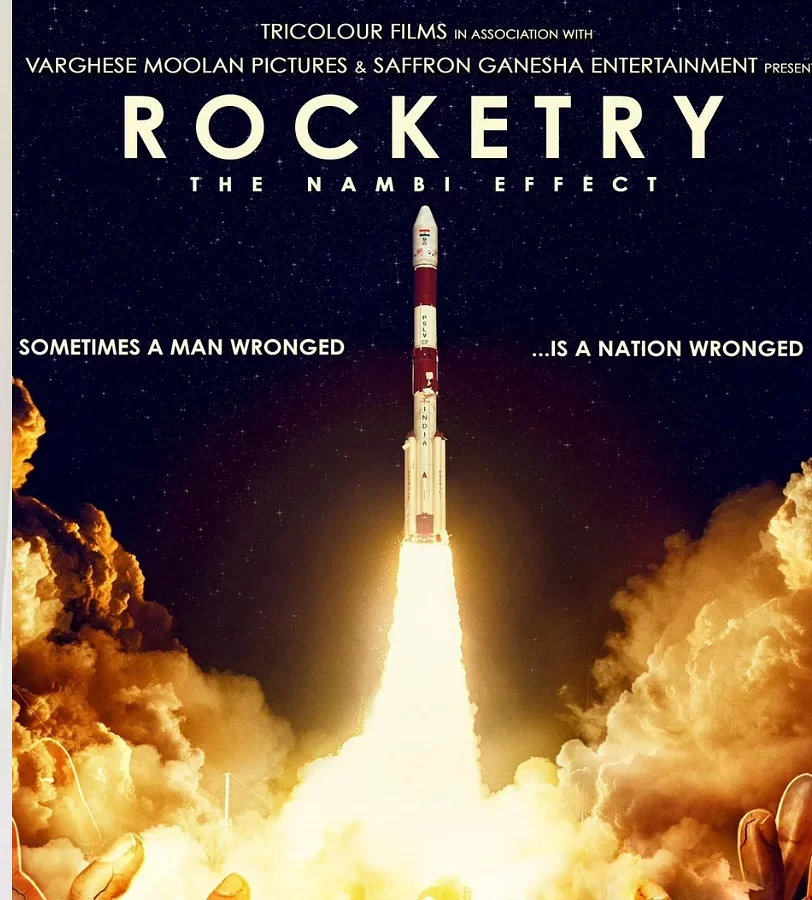MUMBAI: Google Inc. and MarketCast have released the results of a research study titled “The Internet and Moviegoing: A Benchmark Study on Influences and Opportunities.”
The study, which was commissioned by Google in July 2006, was presented by MarketCast vice president and general manager Henry Shapiro, at a symposium attended by marketing, creative and research executives from the film studios and television networks.
The event was sponsored by Google, Variety, and the Motion Picture Association of America (MPAA). MPAA chairman and CEO Dan Glickman served as keynote speaker and Variety president and publisher Charles C. Koones moderated a panel including guests: MPAA’s Dean Garfield, Quinceanera director Richard Glatzer, New Line Cinema’s Gordon Paddison and Google’s Rick Krugh.
MarketCast surveyed approximately 2,100 moviegoers ages 13 to 49 via telephone and the Internet to test two main hypotheses:
1. The Internet — as a medium for content, advertising, community and commerce — wields substantial influence in the decision-making process of moviegoers; and
2. The Internet’s influence looms large compared to the resources applied to it as a marketing medium for entertainment companies.
The study found that these moviegoers recall television advertising, trailers and word-of-mouth as the most important sources of what MarketCast called “first awareness” — essentially the first introduction of a movie to a potential consumer. However, in between first awareness and the point of sale -– during the critical period in which consumers learn more about movies, winnow their choices, and look up showtimes and theater locations–the Internet’s influence is vast.
MarketCast found that 49 per cent of moviegoers surveyed actively research a movie after first hearing about it; and of these, seven in 10 go the Internet, typically using search engines like Google. MarketCast calls this influential segment “Moviegoing Infoseekers,” and found they account for about a third of respondents.
“These are activist consumers, for whom the decision to see a movie is not made in a snap. Trailers and TV ads aren’t enough for them. They want to know more, they want to make comparisons and do additional research; and they’re using the Internet to satisfy their information needs on a proactive basis,” noted MarketCast’s Shapiro.
Importantly, when it comes to the movies, the Internet is not an exclusive province. All ages of men and women, and people from every educational stratum and background were represented just about the same in the Infoseeker segment as they were in the Traditional segment.
Some of the other findings include:
Just over half of the moviegoers surveyed (Infoseekers and Traditional combined) use the Internet to research movie schedules and theater locations, more than all other sources combined. Newspaper listings are second, at 18 per cent, but only the older moviegoers (those 35 and older) were found to use newspaper listings with any great frequency (one in three of those over 35, compared to just 13 per cent to 16 per cent of the younger age groups).
Infoseekers are four times as likely to first find out about a movie via the Internet (16 per cent compared to 4 per cent) and are a third less likely to first find out about a movie via television (32 per cent compared to 48 per cent).
More than a third of Infoseekers say the Internet–search engines, general portals, entertainment websites, sites created by studios for specific movies, ticketing sites–is the most influential medium in their decision to see a movie, compared to just 7 per cent of Traditional Moviegoers Fewer than half of Infoseekers say that television is the most important medium, versus 70 per cent of traditional moviegoers.
“MarketCast’s research suggests a disparity between the influence of the Internet in driving consumers to theaters and the amount of marketing dollars spent online. As marketers have a better understanding of the Internet and new advertising products become available, the Internet is becoming more effective at generating awareness and driving tickets sales,” said Google industry marketing manager, media and entertainment David Fleck.
“We are not saying to cut your television budget and put all of your money into search and Internet advertising. This is a benchmark study. This research and the waves to follow are meant to serve as a fact-based framework to help the studios set marketing strategy and allocate resources. This year’s research shows that the Internet is hugely influential for many moviegoers, so it certainly bears monitoring and being informed,” added MarketCast’s Shapiro.
“Clearly consumers are using the Internet to guide them in moviegoing–helping find showtimes, locations and reviews. In addition, there is a world of opportunity on the Internet not only for delivering movies but also promoting them and our studios are working to harness those opportunities and get more consumers to the movies,” said Motion Picture Association of America, Inc. chairman and CEO Dan Glickman.




